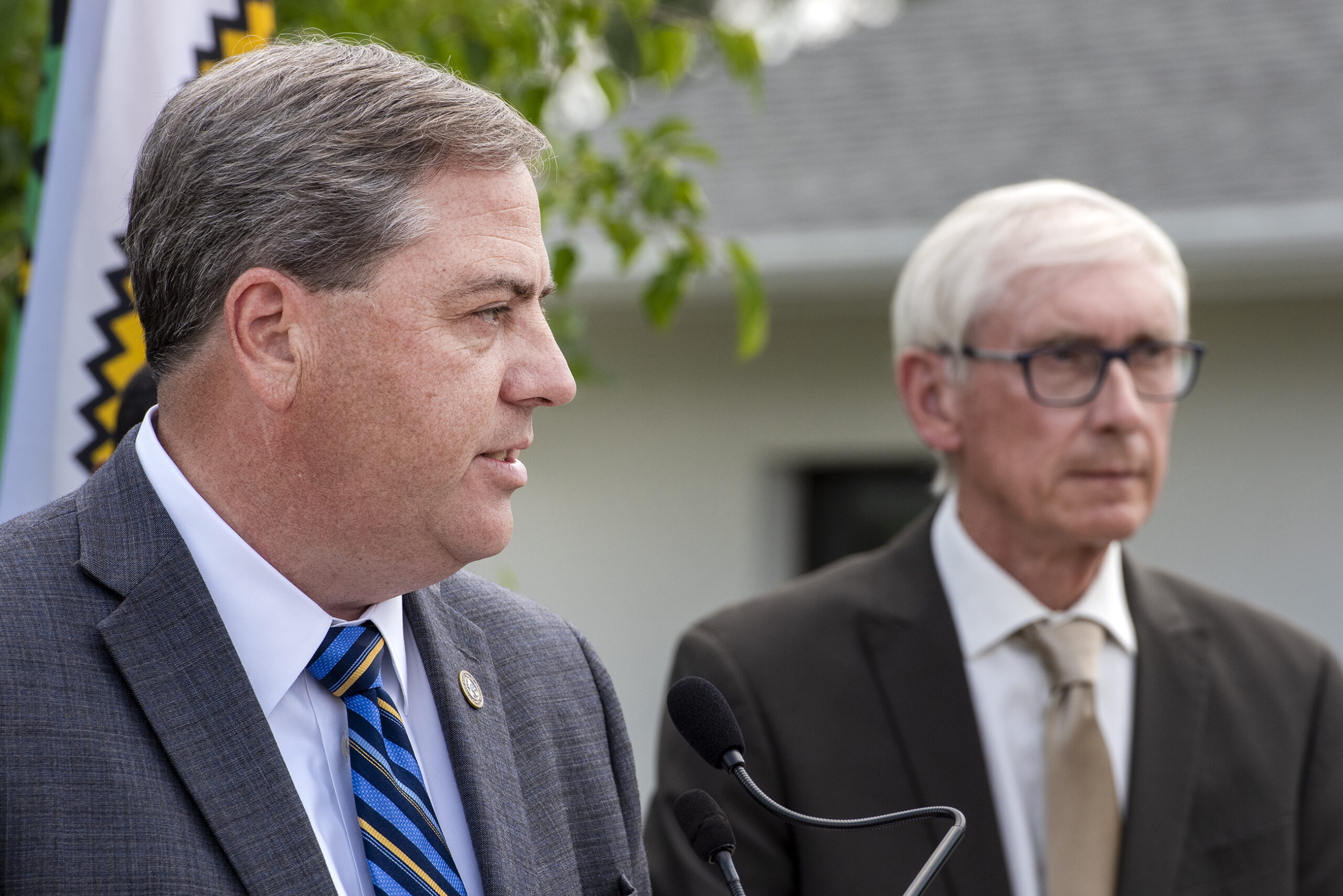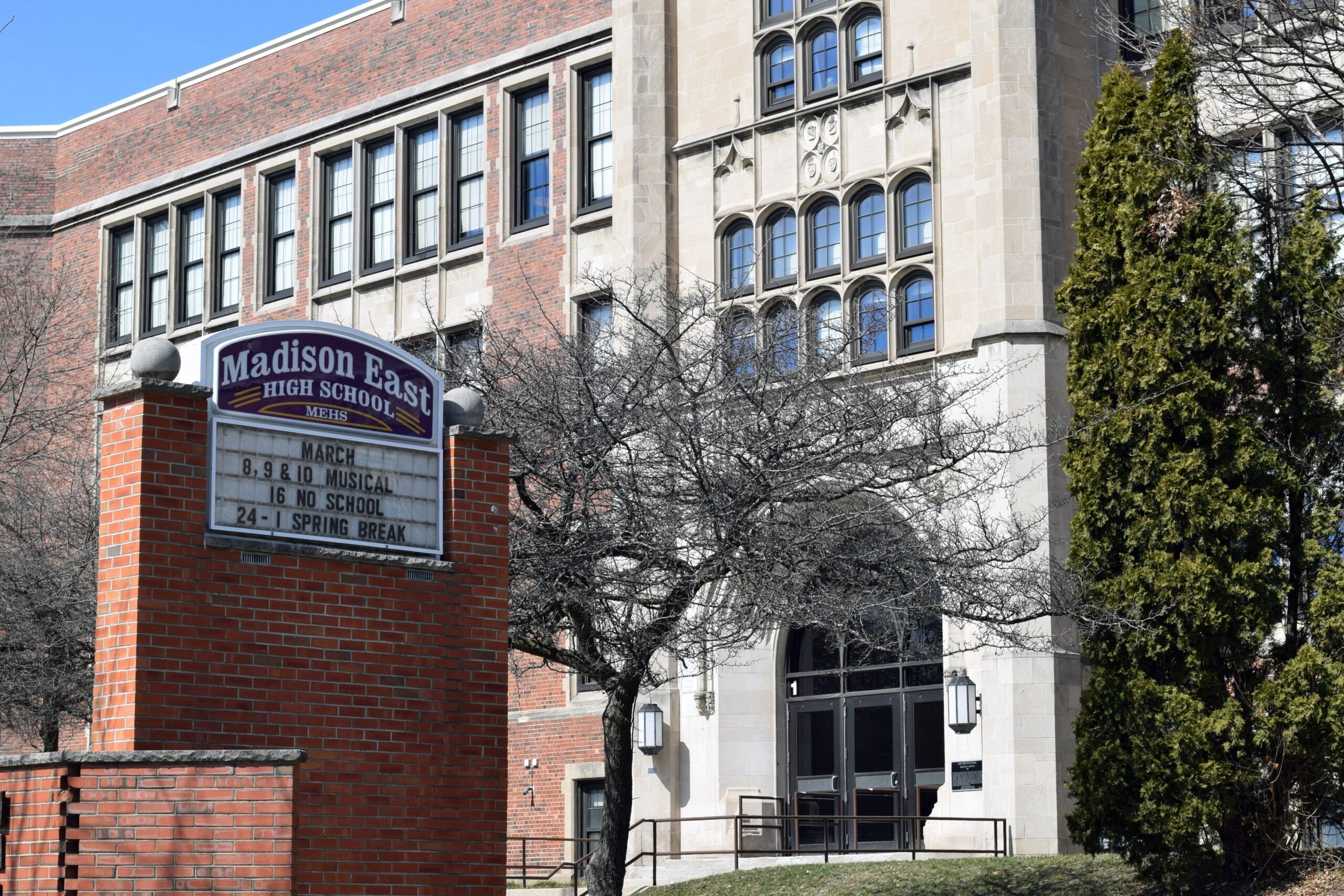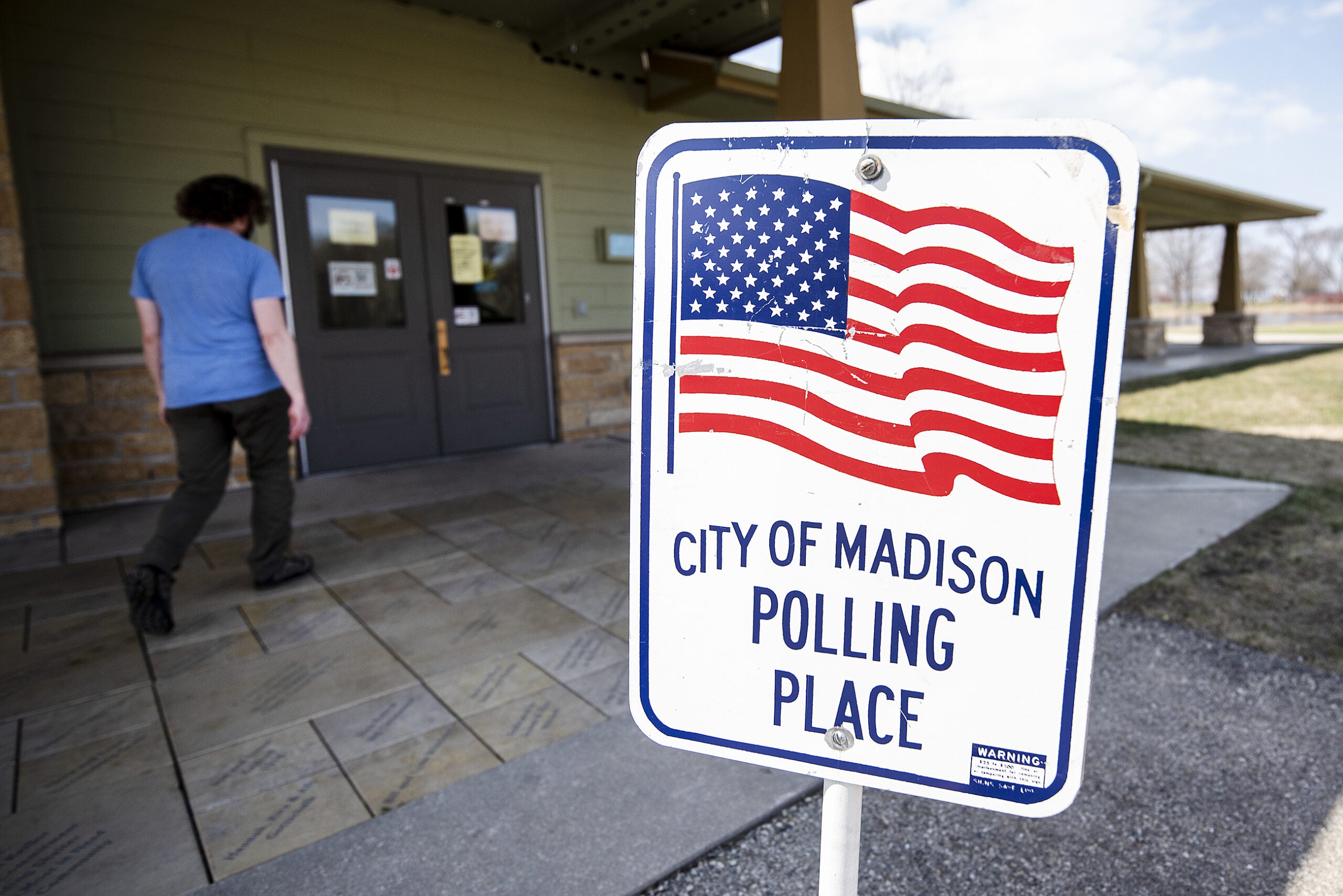Republican lawmakers have outlined the broad strokes of a deal on Gov. Scott Walker’s proposed tax cuts.
Walker’s original plan called for depositing about $117 million dollars in the rainy day fund – essentially the state’s savings account. The plan also grew the state’s structural deficit by about $100 million. Some Republican state senators who don’t like the increased structural deficit, which they say goes against what they campaigned on.
To assuage those concerns, Senate Majority Leader Scott Fitzgerald, R-Juneau, says there’s talk of canceling most, if not all, of the deposit to the rainy day fund and sending that money to the general fund instead to reduce the structural deficit.
Stay informed on the latest news
Sign up for WPR’s email newsletter.
“It seems like a pretty simple move, in that you just need some type of language to increase the statutory balance,” said Fitzgerald.
If that idea becomes reality, Sen. Luther Olsen, R-Ripon, who is one potential holdout, said he’d vote for the tax cut: “Yeah, I’m there 100 percent,” he said.
He said it would be hypocritical of Republicans to increase the structural deficit when economic times are good.
“It’s hard to campaign that we got rid of a $3.6 billion structural deficit, and then all of a sudden people are saying ‘Well, there’s no such thing as a structural deficit and it’s no big deal,’” said Olsen. “It is a big deal.”
The change also has the backing of Assembly Speaker Robin Vos, R-Burlington: “My preference would be to put it in the rainy day fund, but if that’s what it took to get a deal so that we can get this bill enacted, I think I could live with that.”
Rep. Gordon Hintz, D-Oshkosh, said it’s not a meaningful change at all.
“They’re just kind of moving decks around on the Titanic,” said Hintz. “I mean, the reality is fiscal responsibility is taking a back seat to election year politics.”
Budget expert Jon Peacock with the Wisconsin Council on Children and Families called the move “superficial.”
“I think it’s ironic that some of the Republicans concerned about creating a deeper hole in the next two-year budget are now proposing not to add to the rainy day fund,” said Peacock. “That’s the most fiscally responsible part of the governor’s plan.”
Dale Knapp with the Wisconsin Taxpayers Alliance said that in the big picture, this latest compromise doesn’t make a big difference.
“It doesn’t do a lot,” said Knapp. “You know, on paper, it makes the structural deficit look better. But at the same time, essentially, they would simply be moving savings from one pot of money – the rainy day fund – to the general fund.”
Deposits to the rainy day fund are required by state law when tax revenues are coming in faster than projected. Legislators will have to temporarily change that law to divert this deposit.
Lawmakers could also reduce the structural deficit by reducing the size of the proposed tax cuts. They’re not talking about doing that, at least when it comes to the $400 million dollar property tax cut. Based on comments from Fitzgerald and Vos, the bulk of Walker’s proposal would remain unchanged, including the property tax cut.
Wisconsin Public Radio, © Copyright 2025, Board of Regents of the University of Wisconsin System and Wisconsin Educational Communications Board.





